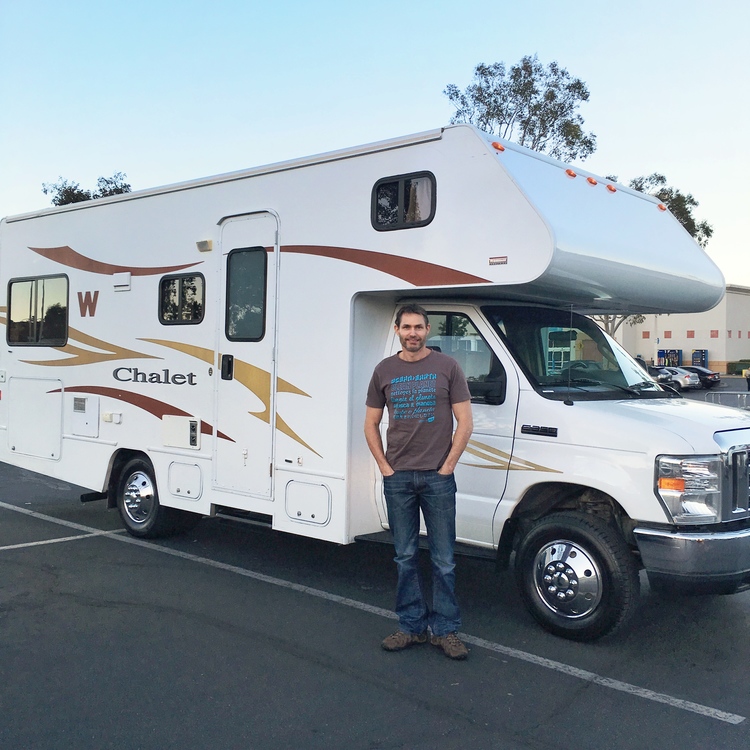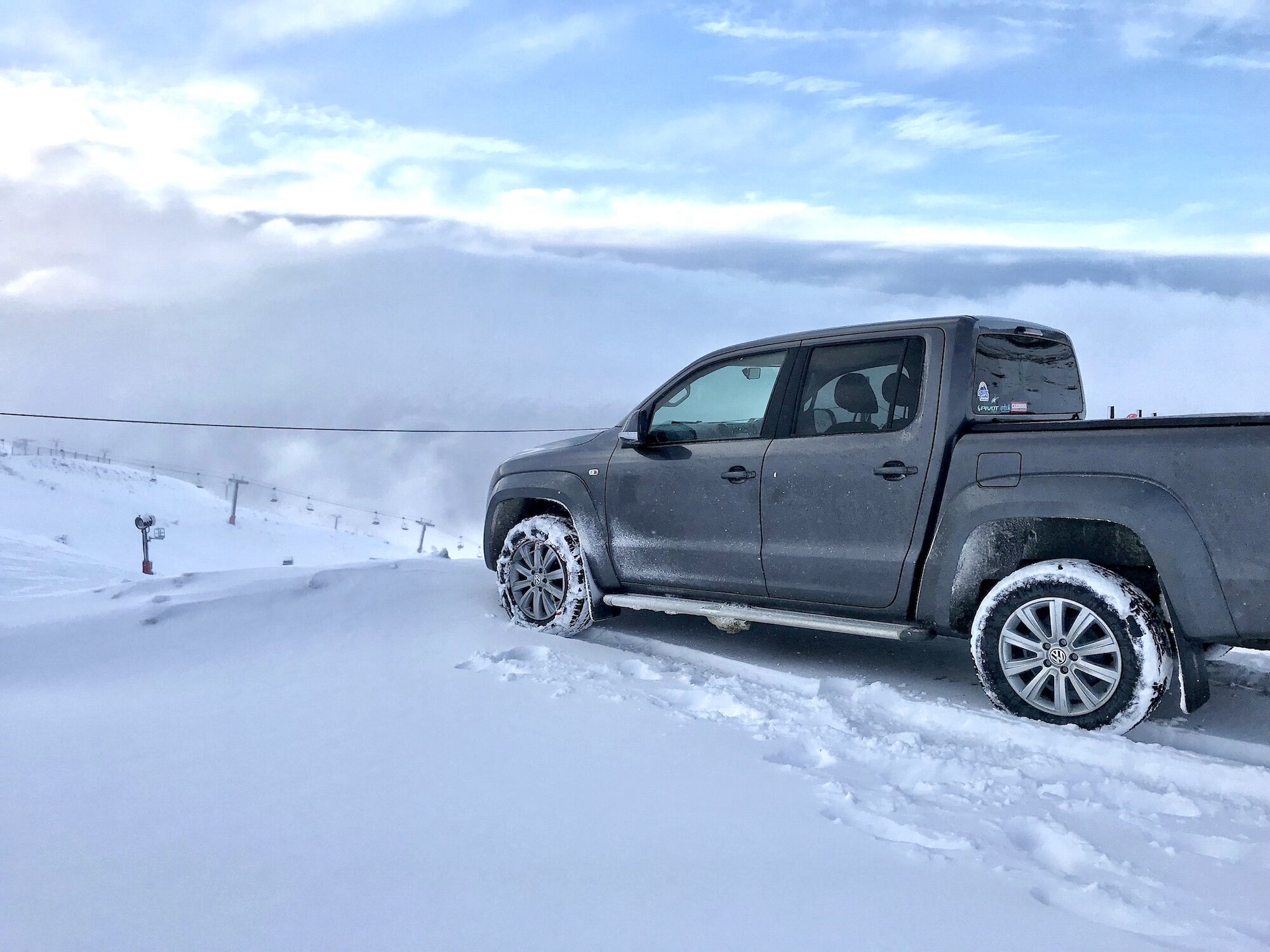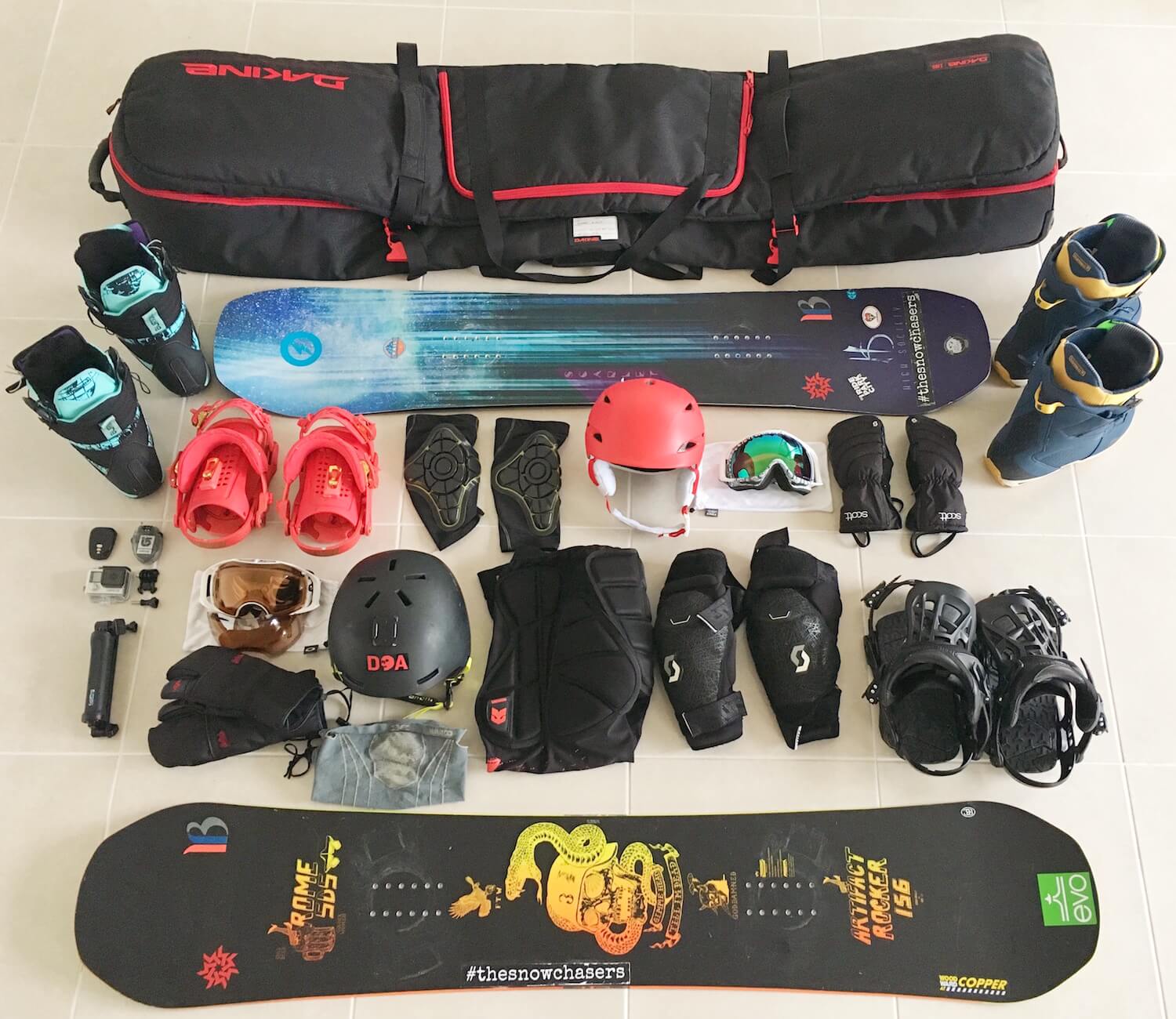Budget Travel - Cheap RV Hire In The USA

There are many ways to explore a country and one of the most popular methods in the US is via a recreational vehicle (RV). Think of an RV as your personal mobile home, which includes facilities like a kitchen, dining table, queen size bed (and a few single beds), fridge, generator, and a bathroom (toilet and shower).
We were lucky enough to do a 13 day trip from Los Angeles CA, to Dallas TX, in Nov 2015 and we learnt a little about RV'ing (this was our first experience with an RV so we were definitely very green!). We'd love to share what we learnt which may enhance your experience if you ever decide to do a similar thing.
Where do you start?
OK, so you've decided to hire an RV so what now? There are many options, such as paying full price in peak season (which could cost you $2000USD+ for a week!), getting an off-peak special which could save you 40-50%, or snagging a relocation deal which could cost you as little as $1 per day with a fuel allowance. If you've got the flexibility, then a relocation deal is such a great way to go (that's what we did).
What's an RV Relocation? In many instances, RV companies will require an RV to be relocated from one part of the country to another. Usually this is because they're running low on rental vehicles at the destination or you may be delivering a vehicle to its new owner. Because the RV companies require this service, your rental price is very low and they often offer incentives.
The most popular rental and relocation RV's are Class C RV's, which are quite a bit bigger than a campervan but not massive like a Class A (basically the size of a bus and you'll need more than your standard car licence to drive one of these). Class C RV's will have the above listed amenities, can be driven on a normal car licence and will have a cool walk-thru feature (walking between the driver and passenger seat to the back of the RV).
Picking up our Class C RV in LA - it was a Winnebago Chalet on a Ford E-350 chassis.
Rental companies
The best rental companies that we found are in the list below. Keep your eyes open for special deals such as one-way specials, free mileage, or off-season specials. Before we managed to find a relocation deal, we almost booked an RV with Apollo at close to 50% off.
RV Private Rentals
Renting an RV privately wasn’t really an option when we were planning this particular trip but I think it’s an option worth exploring. It’s kind of like an Airbnb version for RV’s. There are lots of RV owners who use their RV’s for a short time of the year and the rest of the time, they sit around doing not a lot but taking up space. By renting a RV privately, the owners get to make some extra money and for the renter, it’s a great way to experience RV travel (or test out an RV that you might be thinking of purchasing) without the ownership costs. We’ve come across a company called RVshare which connects owners with those wanting to rent an RV and althought we haven’t used the site, it’s definitely something we’ll consider for future trips.
Relocation Deals
There are two main companies that act as comparison sites for relocation deals. Often the rental companies in the above list will have their own relocation deals but from our experience they usually show up first on the following comparison websites:
You will pay a small booking fee when using one of the comparison sites but it's fairly minimal. If you find a relocation deal via the above sites, you can always try to find which rental company the deal is coming from and book with them directly in order to save on the booking fee. You can sign up to newsletters to be notified when a relocation becomes available but keep in mind you need to be flexible as most relocations don't become available until two weeks beforehand. We booked through Imoova and everything went really smoothly.
As an example of how a relocation deal can work, I'll run through our personal experience. We decided that our ideal scenario would be to relocate an RV from LA to Dallas (as Jen's uncle and aunty lived in Dallas and we wanted to visit them) so we held out for such a deal. This is how we went about it:
We signed up to both the Imoova and the Transfercar newsletters about six weeks before we left.
Just to make sure we had all bases covered, we would check their websites everyday for any new listings.
About two weeks before we left for the US, we checked the Imoova website and a relocation became available from LA to Dallas for our specified dates (we found the RV on the website about 24 hours before we got the email newsletter notification!). The RV was from El Monte RV.
The deal was LA to Dallas, 8 days at $1 per day, around 1600 miles included. Also a $200 fuel allowance was included. An additional maximum of an extra 5 days was available at $60 per day so we took that option - this also increased the free mileage to 2450 miles. The total was $308, plus a $60 booking fee, for 13 days. We ended up using $400 in fuel (so after the rebate our cost was $200) and used up a little more than our included miles (we went over by 20 miles and this cost 40 cents per mile for a total of $8). That's equivalent to $44 per day (RV hire costs and fuel) and we averaged $11 per night for overnight stops, for a grand total of $55 per day. That's pretty awesome when you think that's your transport and accommodation costs sorted!
Insurance was included, with a $1000 excess (our travel insurance covers excesses up to $4000 so this wasn't an issue).
On the Road
You've organised your RV and you're about to drive it out of the parking lot, what can you expect? The first thing I noticed is that they're quite big but luckily enough most of the roads in the US are wide. You'll also have to rely on your side mirrors - the rearview mirror is pretty much useless at assessing the traffic situation behind you. Because of the size and weight of the RV everything happens much slower - take corners slowly and allow for a much longer braking distance than a standard car. And be particularly careful of the height - your RV insurance generally won't cover damage to the roof so it's super important to be aware of any low overhead barriers, low bridges or overhanging branches. And no drive-thrus! Our RV had an approximate height of 3.65m (12ft) so I was really aware of clearances. Tree branches were the only thing that really caught me out (usually in national or state parks) but luckily the ones that I hit were only thin and didn't do any damage!
Overnight Parking
So you've spent your first day in your RV, you're tired and need a place to stop for the night. Although it's not always possible, it makes life so much easier if you find your overnight resting spot before it gets dark. You'll have two major options - with or without hookups. Hookups are water, sewerage (or a dump station) and power. Your main overnight parking options are:
A rest area. Pros - convenient, free, toilets. Cons - often noisy as it's close to the highway and trucks come and go all night, no hookups.
A national park or national monument. Get the annual pass, 'America the Beautiful' for $80 - this will cover entry into all national parks and monuments throughout the US. You will still have to pay for overnight camping/parking. Pros - usually beautiful & peaceful surroundings, amenities block, may have hookups, quite cheap ($12-18 p/n). Cons - can be quite popular so you may have to turn up early-ish to get a spot (we had no problems in the off-season). N.B. not all national parks or monuments offer overnight parking so check first on their website.
State parks. Pros - most have hookups available, some offer free wifi, amenities block, cheap ($14-16 p/n). Cons - popular so you should plan to 'check-in' before 3-4pm. We almost got caught out once arriving around 5pm - luckily they had one spot left in their overflow section. Your national park pass won't work in state parks so you may have to pay extra to enter (entry is usually included in the overnight parking fee).
Boondocking (or free overnight parking). Some state forests or bureau of land management (BLM) areas will allow free overnight parking. Check out these websites freecampsites, rv-camping or federal recreation. Pros - free! Can be quite out of the way so usually quiet. Cons - out of the way and can be difficult to find. There may not be any spots close to where you what to stop for the night, no facilities or hookups.
Walmart has a policy of allowing overnight parking in most of their carparks. Check the Walmart website or with the local store to be sure. Pros - free and convenient. Cons - can be noisy, not very scenic (but ok for an overnight stop when nothing else is available). No facilities or hookups.
RV parks. Plenty around the US of varying standards. Always check reviews (Tripadvisor) before staying. Pros - full hookups, amenities block and many will have a laundromat. Cons - most expensive option, ranging from $30-40 p/n.
Some casinos will allow overnight parking as the idea is you'll drop a bundle on their tables and slot machines! Pros - free! Cons - no hookups and can be noisy.
Sneaky spots. If you get stuck, you can try your luck parking in carparks of senior centres, schools, recreational parks, etc. We got stuck in Dallas one evening, it was getting dark and we were tired. We ended up parking in the carpark of a senior centre and had no issues! Pros - free! Cons - you may get woken up by a security guard and asked to move on. Can be noisy.
Hookups, water and dump stations
We found that we could survive about two nights in a row without hookups - the main issue was running out of water (we both had showers everyday and cooked three meals a day so we used lots of water for washing up). With LP gas, batteries (equivalent to car batteries but to power your RV) and a generator, power was never a problem (the fridge would run on LP gas whenever you didn't have power or the generator running). As well as powering the fridge, LP gas is used for the stove and oven. One tank of LP gas lasted us the entire 13 days. We emptied our sewerage about every three days. RV's have a control panel that shows you all your levels, i.e. water, battery power, LP gas and sewerage levels (grey and black water levels).
All the national and state parks we stayed in had water and dump stations available. Some RV parks will allow you to dump for a fee (if you're not staying there - free is you've paid the overnight fee). We also found some petrol (or gas!) stations that were OK with us using their water to fill our tanks - just say that you need little water for your tanks (don't say your tanks are empty and you need 100 gallons!).
When your sewerage is full, you'll need to 'dump' it. There are two components to your sewerage, grey (waste from your shower and sinks) and black (waste from your toilet). Once you're at your dump station, the procedure is as follows:
Put some gloves on (our RV rental company supplied these).
Fit the dump hose securely to the sewerage outlet.
Place end of dump hose into the dump station hole.
Empty the black water first, followed by the grey water.
Once emptied, ensure taps are shut, remove dump hose and flush with water.
We've put together a quick video of the dump experience!
General Tips
Having spent almost two weeks with our RV, we picked up a few other things that we believe are useful to share:
Don't take an RV on rough, dirt roads. The weight and internal fit-out are not conducive to bumpy roads. We took ours on a 2 km stretch to reach a canyon trailhead hike in Death Valley and it felt like the whole RV nearly shook apart!
RV's use a lot of fuel. Not that you can do too much about it but it's something to keep in mind when you're calculating your holiday budget. Our RV returned around 11-12 mpg.
RV's can be a target of thieves. Luckily we didn't have any problems but taking a few extra precautions can reduce the chance of being broken in to. When leaving your RV during the day, park it in a public spot and close all the blinds and curtains. At night, again close all blinds and curtains and leave a light on until you return to your RV. Take your valuables and passports with you at all times.
RV's are an excellent choice for exploring national and state parks, or the great outdoors, but they're a bit of a pain around big cities. We drove ours through LA, Las Vegas and Dallas, and although we had no issues, it does take a little extra concentration to navigate around.
The El Monte RV website has pretty good information about general RV'ing.
To sum up, we really enjoyed our RV experience and it was a fantastic way to travel from LA to Dallas, while taking in the beauty that natural America had to offer. See the separate section on our actual RV journey (to follow shortly) to see where we went and stayed, and what we saw along the way.
If you have any questions or comments, please add in the 'comments' section below. Now go out there and explore America in an RV - you'll have a hoot!
Mick
Save this on Pinterest! Just hover over the image below and click the Pin It Button.
YOU MAY ALSO LIKE











